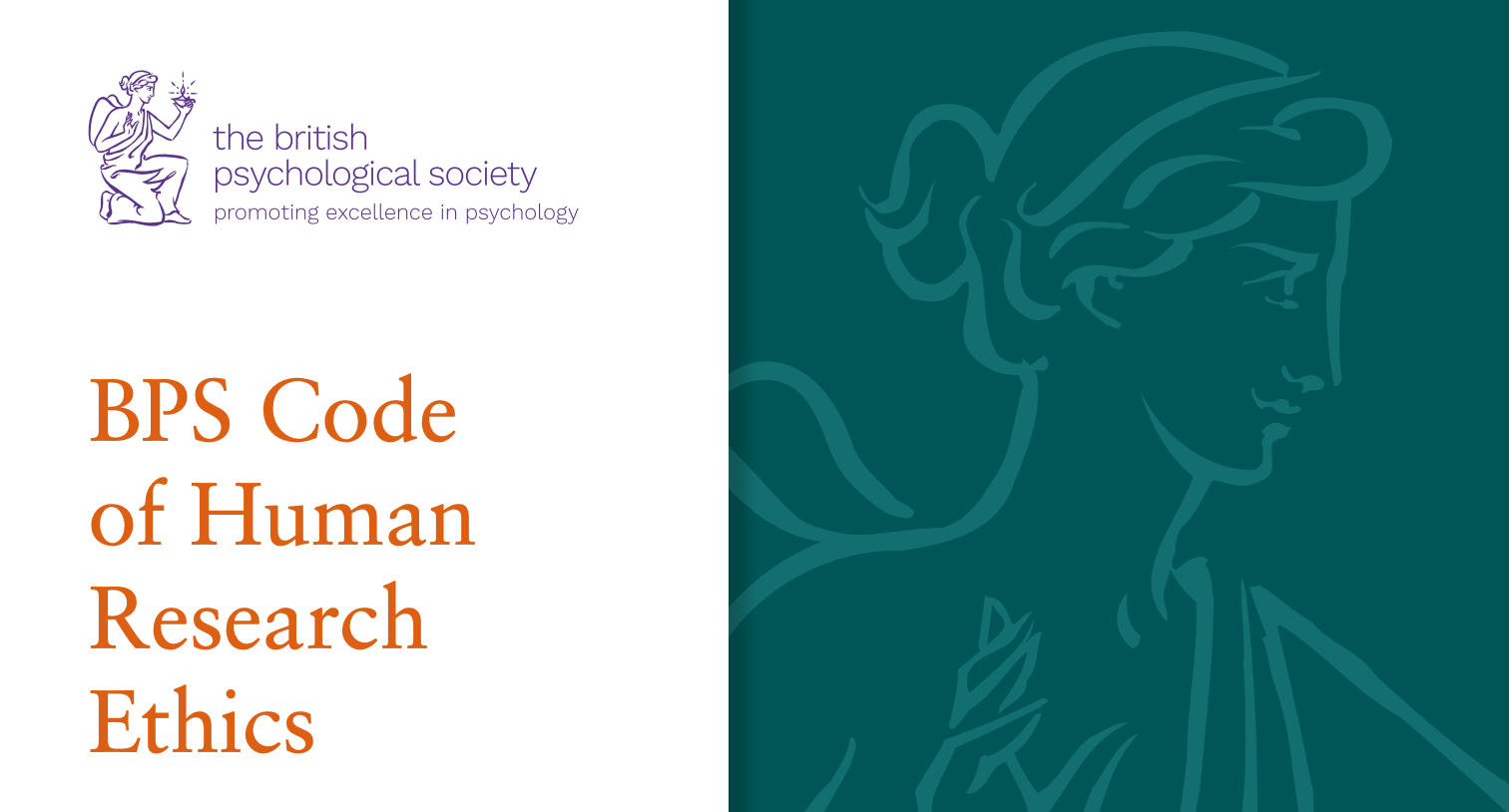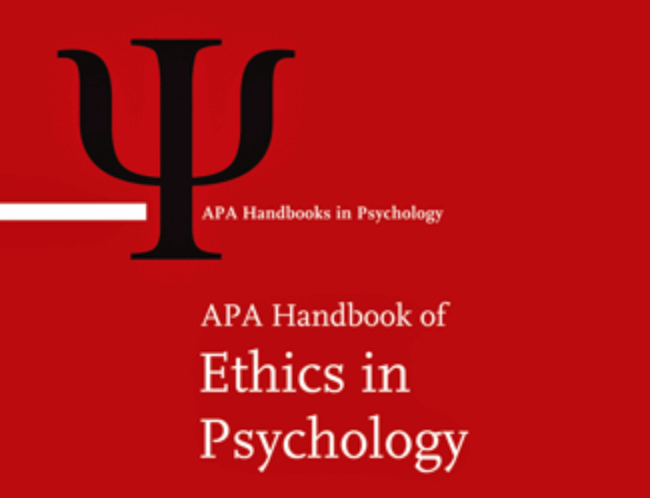class: center, middle, inverse, title-slide # <b>Principles based Ethical Research</b> ## Practical Research Ethics ### Hugh Rabagliati ### Department of Psychology<br/>The University of Edinburgh ### AY 2021-2022 --- # Plan for this mini-course ### **Learn to do Research Ethics** - The principles behind ethical research - The laws behind ethical research - How to apply for ethical review --- # Why do we bother with ethical review? .pull-left[ - 1930s: Nazi Germany and Imperial Japan conduct abominable experiments on prisoners. - 1930s: USA begins Tuskegee Syphilis Study. - 1950s: Milgram conducts obedience to authority study. - 2000s: Numerous high-profile psychologists (Marc Hauser, Diederick Stapel) accused of publishing falsified data. - 2010s: British consulting firm Cambridge Analytica harvests personal data from millions of Facebook users. ] .pull-right[  ] --- class: left, top # Principles-based research ethics .pull-left[  ** British Psychological Society ** - Respect for the autonomy and dignity of persons - Social responsibility - Maximising benefit and minimising harm - Scientific value ] .pull-right[  ** American Psychological Association ** - Respect for persons and autonomy - Justice - Trust - Beneficience and nonmaleficience - Fidelity and Scientific Integrity ] --- class: left, top # Respect for persons ### What does it mean to conduct research based on respect for individuals? - If a doctor were to ask you to take part in a medical study, what would you want to know ahead of time? <br> ### A key marker of respect for persons is *informed consent* - Full disclosure of all information, including risk and benefits - Listing of the obligations and responsibilities of both parties --- class: left, top # Potential concerns about fully informed consent .pull-left[ ** Confusion ** .center[] - Understandable information sheets ] .pull-right[ ** Comprehension ** .center[] - Distinguish consent from assent ] --- class: left, top # Social responsibility .pull-left[ ### Justice Ethically assigning the burdens as well as the benefits of research. - Imagine: *A study to train working memory in children...* - How do you ethically assign children to Test and Control groups? ] --- class: left, top # Social responsibility .pull-left[ ### Justice Ethically assigning the burdens as well as the benefits of research. - Imagine: *A study to train working memory in children...* - How do you ethically assign children to Test and Control groups? ] .pull-right[ ### Trust Ensuring your participants' participation and data are protected. - For example, keeping data *Confidential* versus *Anonymous* - *Confidential data.* Identity of the participant is stored by the researcher, but cannot be accessed by others. - *Anonymous data.* Identity of the participant is not even known by researcher. ] --- class: left, top # Maximising benefit and minimising harm ### Do good, and do no harm - The goal of minimising harm is why *deception* is typically frowned upon, and must be accompanied by a debrief. --- class: left, top # Scientific value Psychological science is a ** community ** exercise: Your participants, your collaborators, your readers and your peers. Research misconduct harms all of these individuals. --- class: inverse, center, middle # Next time: # General Data Protection Regulations